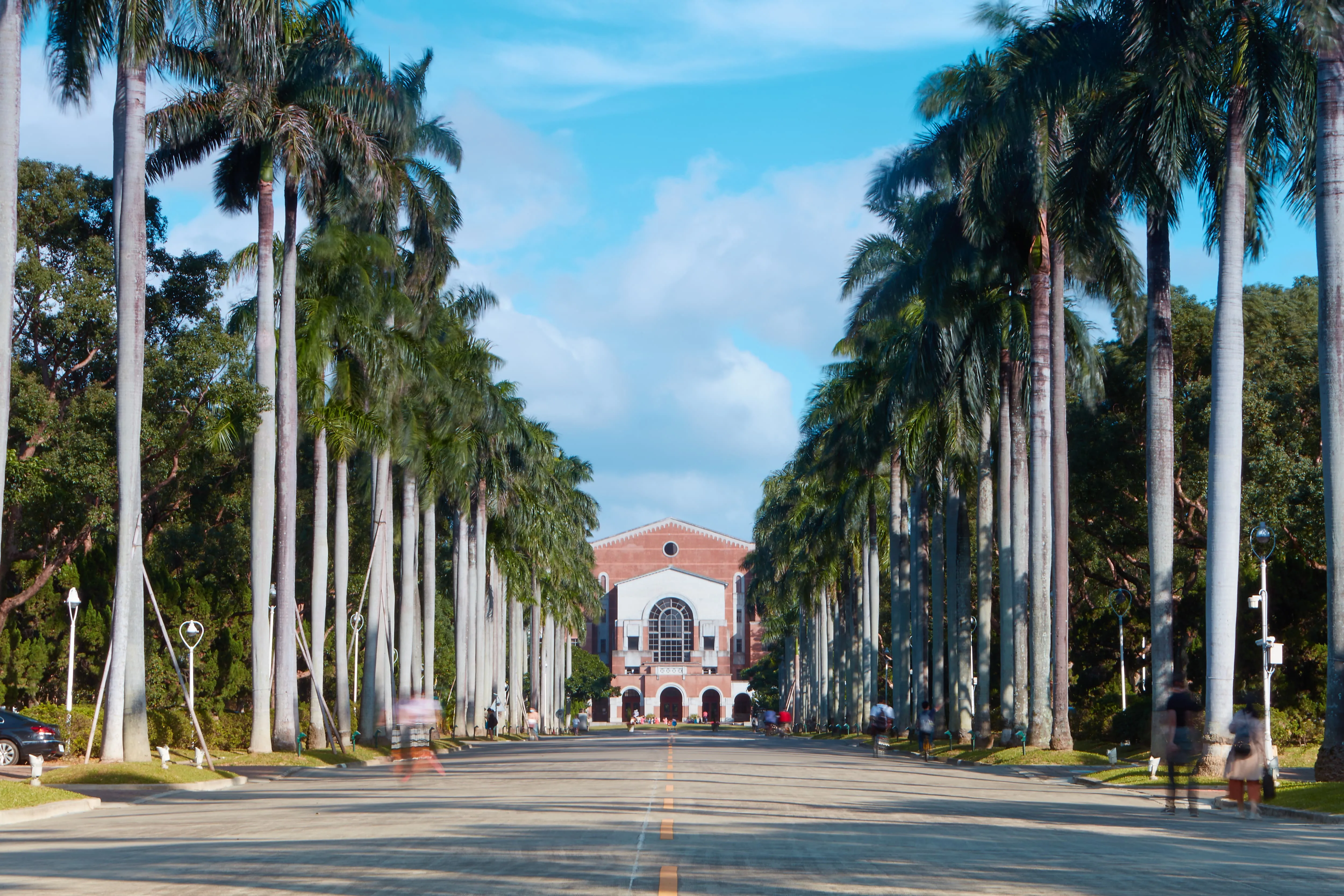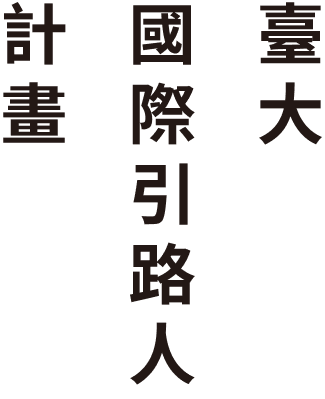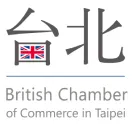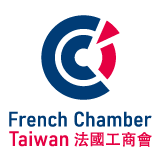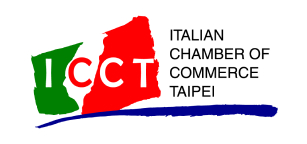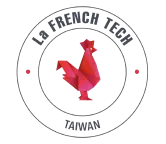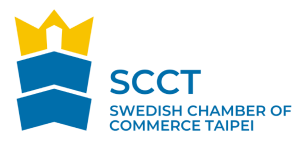INTRODUCTION OF NTU
NTU’s institutional predecessor was Taihoku Imperial University, founded in 1928 by the Japanese colonial administration. The first president was Shidehara Tan Tairaka Hiroshi. In 1945, the Republic of China won the war of resistance against Japan, and Taiwan was handed over to the Nationalist government of China. On November 15 of that year, Taihoku Imperial University was formally transferred to Chinese administration and renamed as National Taiwan University, with Dr. Tsung-lo Lo appointed as the first President.

Now, the university has 16 colleges, with 61 departments and 152 graduate institutes, plus over 50 national and university-level research centers. The total number of students, including those enrolled at the School of Professional and Continuing Studies, has grown to over 34,000, including over 17,000 university students and 17,000 graduate students. Now, the number of graduate students at NTU almost equals the number of university students, which indicates that NTU has successfully been transformed into a research university.


THE OFFICE OF INTERNATIONAL AFFAIRS
Is responsible for developing the University's world strategy. The OIA plays a vital role in NTU's pursuit of excellence through an integration of international partnerships and the creation of global opportunities in the interests of students, faculty and staff from NTU and from our world partners as well as in support of global engagement.

RESPONSIBILITIES
Strong partnerships
More than 600 institutions in 67 countries have established formal academic partnerships with NTU.
Mobile students and faculty
This includes operating and tracking an extensive range of exchange, research and study abroad opportunities.
A valued image
The OIA holds and takes part in key international events, conferences and fairs in various countries. We also regularly visit partners.
A stimulating international environment
We cooperate with offices and departments across the University, enhancing support services and offering more international-oriented benefits to ensure a quality experience.


